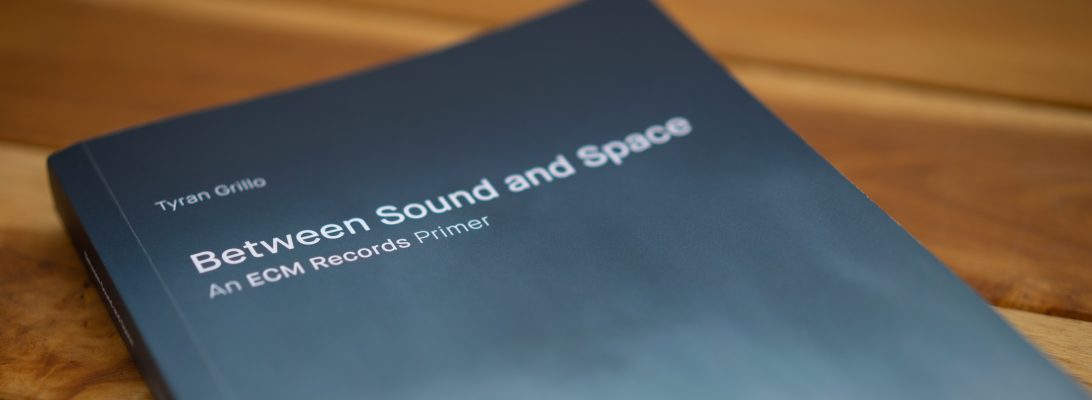
Vijay Iyer Sextet
Far From Over
Graham Haynes cornet, flugelhorn, electronics
Steve Lehman alto saxophone
Mark Shim tenor saxophone
Vijay Iyer piano, Fender Rhodes
Stephan Crump double bass
Tyshawn Sorey drums
Recorded April 2017 at Avatar Studios, New York
Engineer: James A. Farber
Assistant: Nate Odden
Mixed May 2017 by Farber, Eicher, and Iyer
Produced by Manfred Eicher
Vijay Iyer’s fifth record for ECM is the pianist’s most engaging yet. Over ten scenes, Iyer directs an original storyline with his freshly-cut diamond of a sextet. Graham Haynes (cornet, flugelhorn, electronics), Steve Lehman (alto), Mark Shim (tenor), Stephan Crump (bass) and Tyshawn Sorey (drums) are not only actors playing multiple roles; they’re also real-time producers, editors and sound designers.
“Poles” and “Threnody” provide opening and closing credits. Both nurture storms of activity from raindrops, as if celebrating the end of a draught. They also balance the mutual extremes of locking and unlocking. In the latter vein, the leading horns take turns in “Down To The Wire” and in the title track, revealing the underlying irregularities that make this music so exciting. Like oranges, Haynes, Lehman and Shim’s solos are at the peak of flavor when juiced. No wonder, when their bandleader has given them so much soil and sunshine in which to ripen.
Iyer’s clairvoyance smiles across the delightful “Nope,” breathes to fullest capacity throughout “Into Action” and expands on South Indian beats in “Good On The Ground.” The latter two are masterstrokes—thematically and in execution. The rhythm section understands that being sportive can be serious and Sorey digs especially deep. Haynes also has his monologues in “End Of The Tunnel” and “Wake,” both of which work in the cerebral tendrils of his electronics.
Far From Over is a call to listening. More importantly, it’s listening to a call, as most evident in “For Amiri Baraka.” Here the core trio of Iyer, Crump and Sorey teaches the hard lesson shrouded by all this enjoyment. Baraka himself said it best: “There cannot be any apprenticeship for freedom.” Jazz may be heard as a genre of emancipation, but Iyer understands that freedom is illusory until actualized, that communal action is the embodiment of humanity’s reach for its flame and that music is one way to keep us from getting burned in the process.
(This review originally appeared in the October 2017 issue of The New York City Jazz Record, a full PDF of which is available here.)

